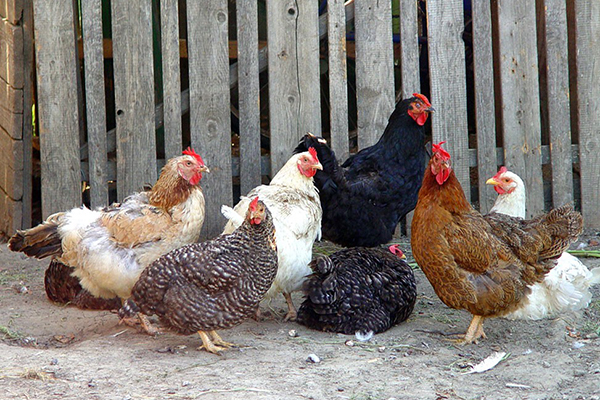The meeting of zoo hygiene and nutrition conditions can minimize the risk of bird flu infection. Twenty-one countries reported having the N5H8 virus, vice director of the National Food Safety Agency Vsevolod Stamati told a news conference, quoted by IPN.
Avian influenza can get to Moldova by imported infected poultry and through migratory birds. The virus does not affect humans, but the people can carry this.
To diminish infection risks, the Agency recommends that the poultry farms should be fenced, while access should be through one gate. The employees of large poultry breeding companies should inform if they keep birds at home as they can be virus carriers. Non-employees should be banned access to farms and open-air places should be covered with net so as prevent wild birds from getting in. If the recommendations are respected, infection risks will be minimal, said Vsevolod Stamati.
He added that the Transnistrian segment can cause epidemiological problems and the Agency’s staff will more intensely supervise the settlements located on the administrative line.
The birds infected with avian influenza die in two-three days of the infection. Among the symptoms, Vsevolod Stamati mentioned lack of appetite and turning livid of the wattle and comb of birds. The diagnosis center of the National Food Safety Agency will take biological samples to confirm the presence of the virus.

